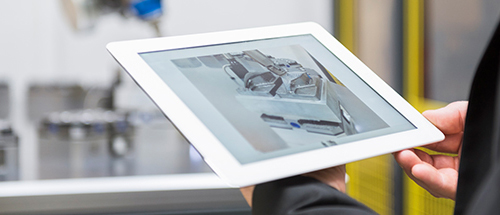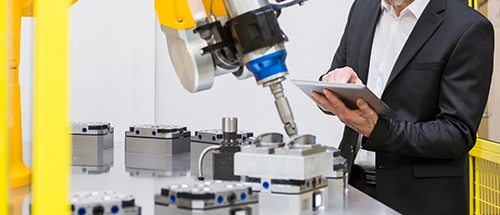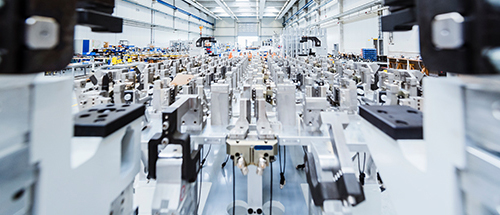


Smart factory
It refers to a cutting-edge intelligent factory that combines all production processes from product planning to sales with ICT(Information and Communication) technology to produce customized products with minimum cost and time.
Smart factory combines tangible and intangible assets such as currently factories, machine equipment, and business processes in operation with information
and communication technologies such as information systems, Internet of Things, sensors, networks, big data, and artificial intelligence.
This is the realization of an intelligent production factory, which is becoming possible because of advances in ICT technology.
Smart factory combines tangible and intangible assets such as currently factories, machine equipment, and business processes in operation with information and communication technologies such as information systems, Internet of Things, sensors, networks, big data, and artificial intelligence. This is the realization of an intelligent production factory, which is becoming possible because of advances in ICT technology.
-

Planning and design
simulating before product production in virtual space to shorten production period and develop customized products
-
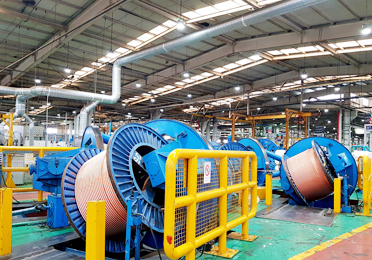
Production
Real-time interlocking of material-production plan-work instruction to reduce inventory cost and build optimal production system and equipment efficiency
-
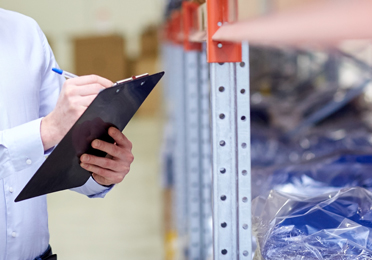
Quality and shipment
Achieving optimal production quality according to customer's situation and shipping according to delivery time
Steps by Smart factory level
Smart factory can be implemented in diverse forms depending on the company that wants to introduce them, and it is classified into Levels 1 to 5 according to the degree of use and competency of ICT(Information and Communication Technology).
ICT not applied
Handwriting and use of EXCEL, the system is not in place
LEVEL 1 to 2: Basic level
Master Plan establishment
Automated trial execution by unit equipment
Functional test of automation
Introduction of MES-POP
LEVEL 3: Intermediate level 1
Master Plan Upgrade
Unit equipment
rocess automation
Equipment-process digitization
Cloud-based solution introduction
LEVEL 4: Intermediate level 2
Master Plan Upgrade
Automation and optimization of the entire plant
Factory-wide digitalization and smartization
Introduction of cloud-based solution
LEVEL 5: Advancement
Enterprise automation and optimization
Entire enterprise digitization
CPS-based Connected Enterprise establishment
Smart factory application range
Smart factory aims to improve inefficient work by creating an automated factory using software such as ERP, MES, big data, AI, and hardware such as IoT, sensors, and communication networks. In order to promote a smart factory, it is possible to achieve harmony between manufacturing companies, which are demanding companies, and IT companies, which are supply companies.


MES(Production management system)
It refers to a management system to support all activities(scheduling, work order, quality control, etc.) for performing production at the production site, and it integrates management of information that may occur at the production site.
- Support party and status management
- Work and detailed schedule management
- Production unit distribution
- Document control
- Data aggregation and acquisition
- Worker management
- Quality management
- Process management
- Maintenance management
- Production tracking and history
- Execution analysis
MES management work
-
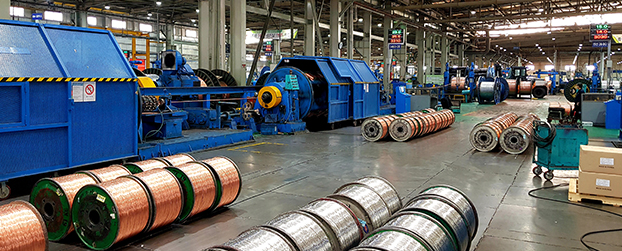
Production management
- A series of activities to produce products with the required level such as cost, quality, quantity, etc. using raw materials, energy, equipment, manpower, and equipment
- Production standard management
- Production plan
- Production instruction
- Production execution
- Productivity analysis
- Product shipment
-

Quality control
- A series of activities to measure and report quality
- Quality standard management
- Incoming inspection
- Shipment inspection
- Process inspection
- Defect status
- Quality statistical analysis(Lot tracking, trend analysis)
-

Facility management
- A series of activities to ensure that equipment is always in usable condition by carrying out regular inspection plans
- Facility history
- Tool management
- Preventive maintenance
- Spare parts management
- Operation / Non-operation
- Malfunction status
-

Inventory management
- Activities related to the movement of equipment and materials in the workplace
- Raw materials and energy management
- Incoming/outgoing processing
- Incoming/outgoing processing
- Incoming/outgoing processing
- Material release management





